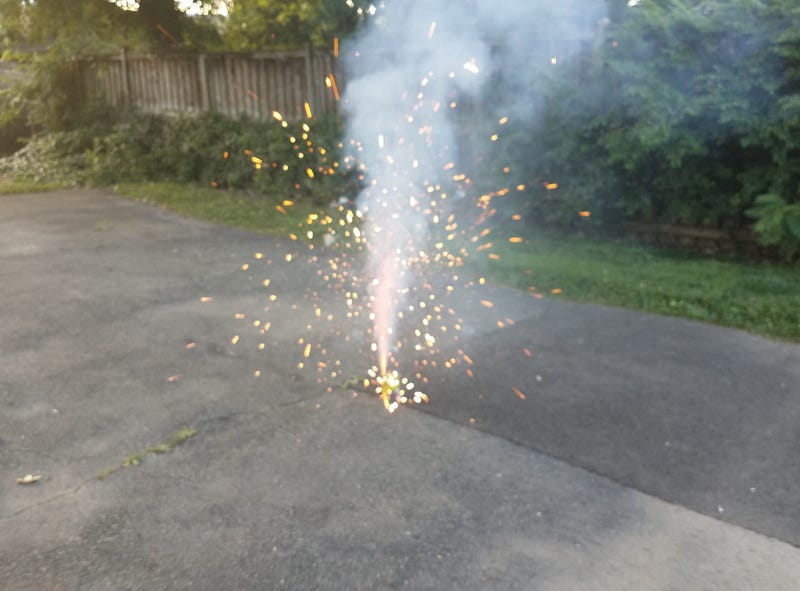
Local hospitals are bracing for an increase in fireworks-related injuries this weekend and the state's top doctor is asking people to leave the fireworks to the pros.
Minnesota does not allow consumer-grade, explosive fireworks for personal use, but that hasn't stopped some people from crossing the border into surrounding states to buy more potent fireworks.
President of the Minnesota Medical Association Dr. Will Nicholson says the average person shouldn't be touching them.
"There are experts that do this, they have extensive training, and those are really the people that should be handling these products and light them off," says Dr. Nicholson. "Just because people can buy something doesn't mean it's a safe thing to do."
Nicholson says most fireworks-related injuries are burns to the hands and fingers. He says there were more than 11,000 injuries and 9 fireworks-related deaths in the U.S. last year.
He also says that hospital emergency rooms are already overworked, especially on a summer holiday.
"Our ER staff works really hard already and we don't need to add preventable injuries to the work that they're doing," says Nicholson.
Nicholson adds that there are plenty of other ways to celebrate this weekend.
"We don't have to blow things up to have a good time in Minnesota."
“Fireworks” in Minnesota include firecrackers, bottle rockets, roman candles, and similar items according to state statutes. There are varying laws in Minnesota's neighboring states (Iowa, South and North Dakota, Wisconsin) which can make the enforcement of laws difficult.
The definition does not include novelty items like sparklers, snakes, or smoke devices. Novelty items can only be sold to adults, and a local unit of government can impose a license fee on their sale.
In simple terms, if it "blows up" it is likely not legal in Minnesota.
Most violations are a misdemeanor for which a court can impose a sentence of 90 days in jail, a $1,000 fine, or both. Violations involving a large amount of fireworks (35 pounds gross container weight or more) can be punished as a gross misdemeanor with a maximum sentence of one year in jail, a $3,000 fine, or both.
